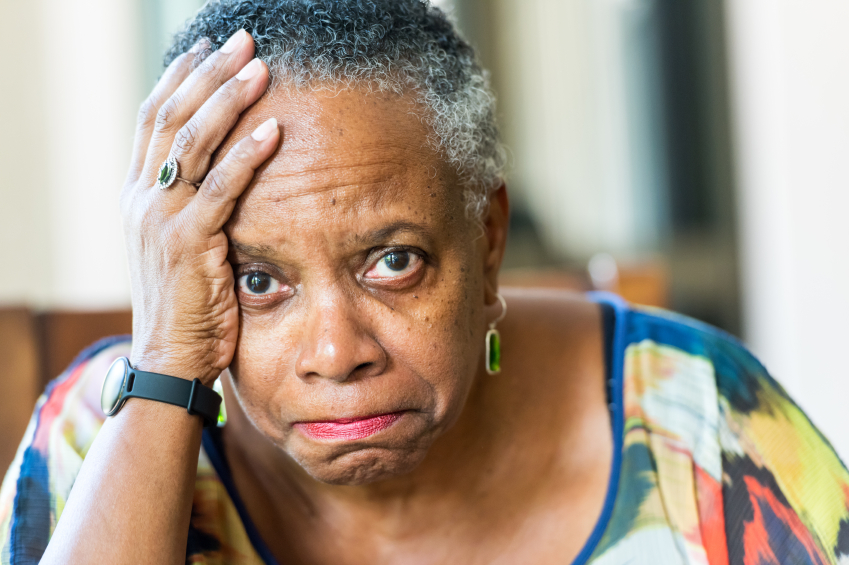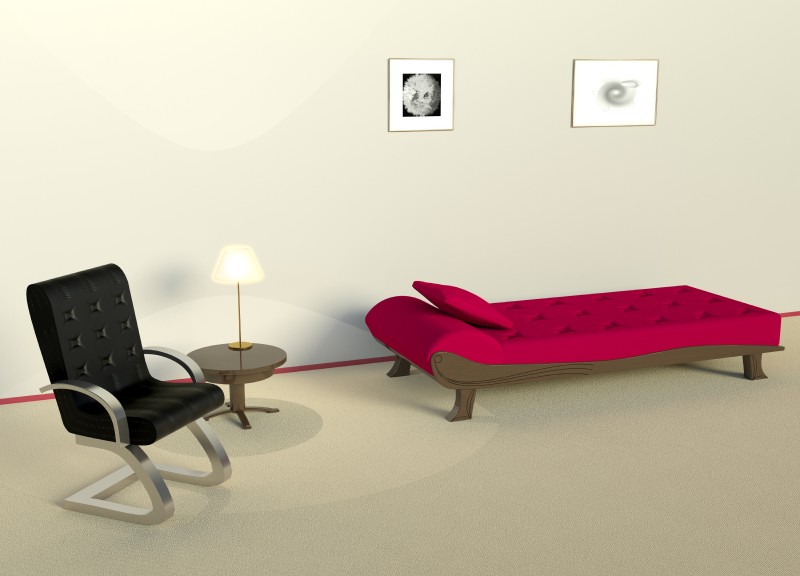

When I began private practice 25 years ago an old seasoned physician told me, “If you want to succeed at this you have to be Affable, Affordable and Available.” The three As, as he called it. It was good advice and I followed it. Today, however, patients are seeking more than that. With the advent of the Internet patients are researching their symptoms. By the time some patients get to me they already have a sophisticated idea of their diagnosis. They’re also knowledgeable about treatment options. It’s my feeling that patients are seeking a certain expertise and approach that they can feel confident in. If I was to give a new psychiatrist advice about starting a practice I might tell them the three Cs, Competent, Compassionate and Comprehensive.
In clinical trials as well as in clinical practice, some psychiatrists consistently achieve better outcomes than others, regardless of the treatment approach used. There are over 50 forms of psychotherapy. Most are supported by studies that demonstrate their effectiveness. When compared across specific disorders, such as depression, the differences between treatments are negligible. There are too many medications. In the 21st century we have in the toolbox numerous medications that, in clinical trials, are effective for specific disorders. That said, when antidepressants are compared to each other in terms of effectiveness the differences between different medications is also negligible. If the form of psychotherapy and/or the medication make little difference in outcome, what are the qualities of effective psychiatric treatment?
The psychiatrist and the doctor-patient relationship is tremendously important in the outcome of any case. Effective treatment requires accurate diagnosis to be sure, but it also requires hope, understanding, interest, motivation, communication and collaboration. It has been my opinion for a long time that effective treatment is the result of a meaningful dialogue between a person in distress and another who wants to help.